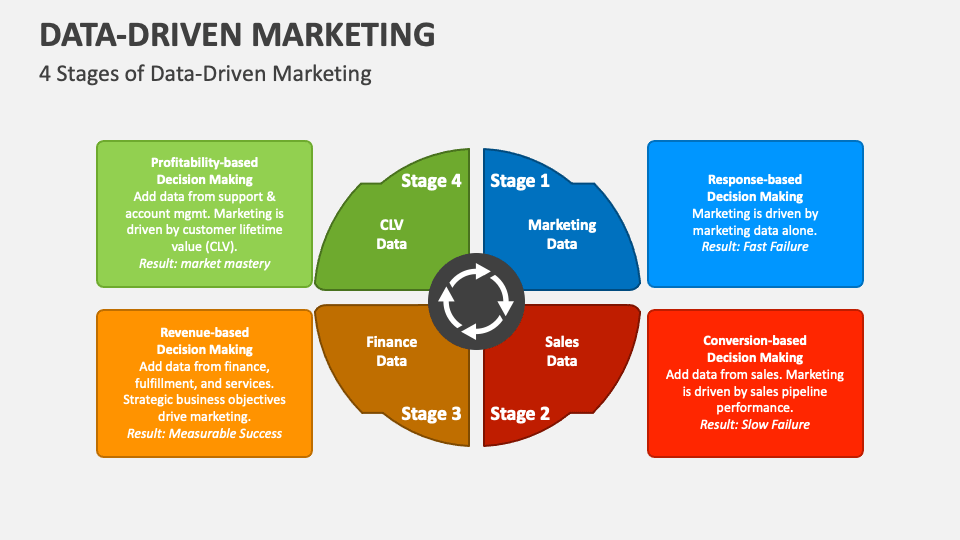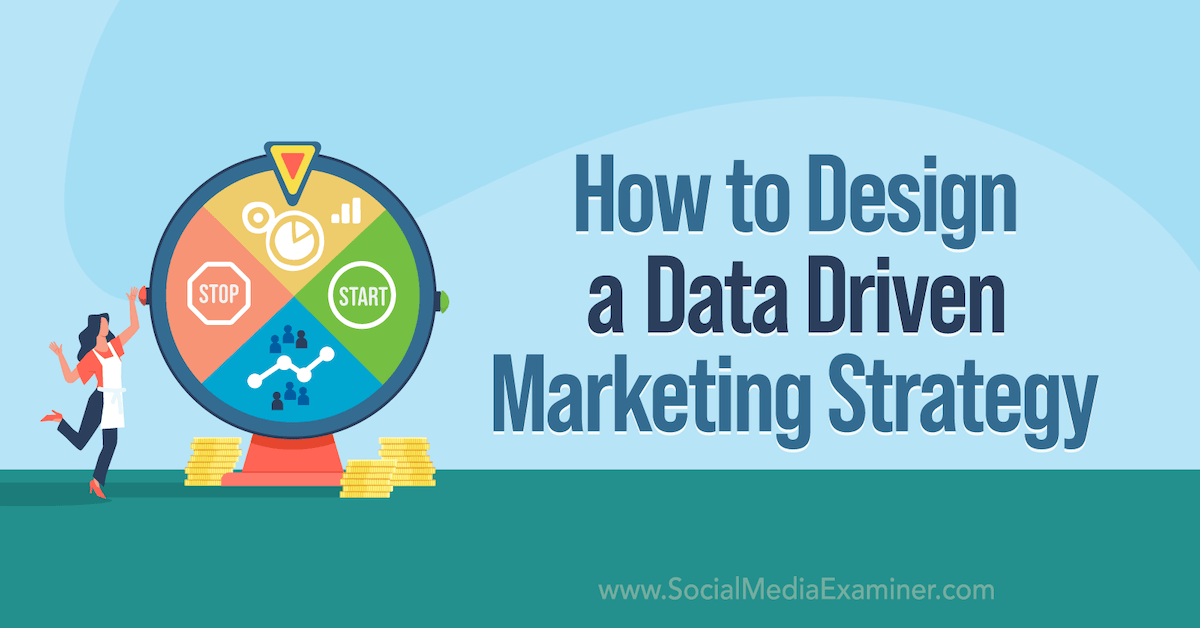“Data-driven marketing” refers to marketing activities based on objective data from various angles.
This method can be said to be essential for understanding customer behavior and customer psychology, which have become increasingly complex in recent years, and developing effective measures.
The key is to improve the accuracy of measures based on analyzed data, rather than individual subjectivity such as “feeling and intuition”, which was the typical style in the past.
In this article, we will introduce what kind of issues organizations have to tackle data-driven marketing, as well as points to note and steps to take advantage of it.
Reference source:
What is data-driven marketing? Introducing companies to work on and tools to improve efficiency
What does data-driven marketing mean?
Data-driven marketing refers to the use of all the data needed to conduct business activities, such as customer and sales data, and conduct marketing based on that data.

In recent years, as choices and customer needs have diversified, this method has become increasingly important for companies to come up with more effective measures.
By visualizing and sharing data, the entire company can work toward goals, and the organization’s managers can see the current situation in real numbers.
The key point is that by collecting, managing, and accumulating the correct data, you can predict what actions your company should take next, and it can also be used to improve cost effectiveness and efficiency of measures.

Which companies need data-driven marketing?

The following are the characteristics of companies that should practice data-driven marketing as they aim to grow their business.

Marketing costs can be reduced by investing in lean measures.
Reference source:
What is data-driven marketing? Introducing companies to work on and tools to improve efficiency

What are the necessary steps and precautions to take?
Data-driven marketing requires the following steps: data collection, processing, analysis, and improvement.
Using analysis tools, etc., we collect predetermined data and process it into a format for use. Data analysts and specialized data scientists then perform detailed analysis.

Comprehensive efforts are required, from analyzing large amounts of data to formulating policy proposals, by creating departments in-house or hiring external personnel. Implement the points for improvement found in the analysis and set up a PDCA cycle within your organization.

One thing to keep in mind is that it takes time to collect the necessary data. Especially when starting a new business, it is necessary to accumulate a wide variety of data.
However, if you are too particular about data collection, you may end up spending more on your budget. Therefore, it would be a good idea to narrow down the data you need to accumulate by purpose in advance.
Regarding the PDCA cycle, it is also important to designate a person in charge of the PDCA cycle, set up a system, and set up an environment so that it can be carried out smoothly in parallel with daily work so that it does not get derailed midway through.
Reference source:
What is data-driven marketing? Introducing companies to work on and tools to improve efficiency

summary

Data-driven marketing has many benefits. By introducing digital tools and implementing procedures that are mindful of the PDCA cycle, it will be possible to conduct cost-effective and efficient marketing. Objective data provides evidence and is useful when requesting settlement from management.
The key is to assign a person to manage the numbers and create a system to check the data on a regular basis.
Reference source:
What is data-driven marketing? Introducing companies to work on and tools to improve efficiency


